The Check-In: Mindful travel in Hawaii, airplane seat etiquette and more
Tourists are being encouraged to take care of Hawaii, not harm it

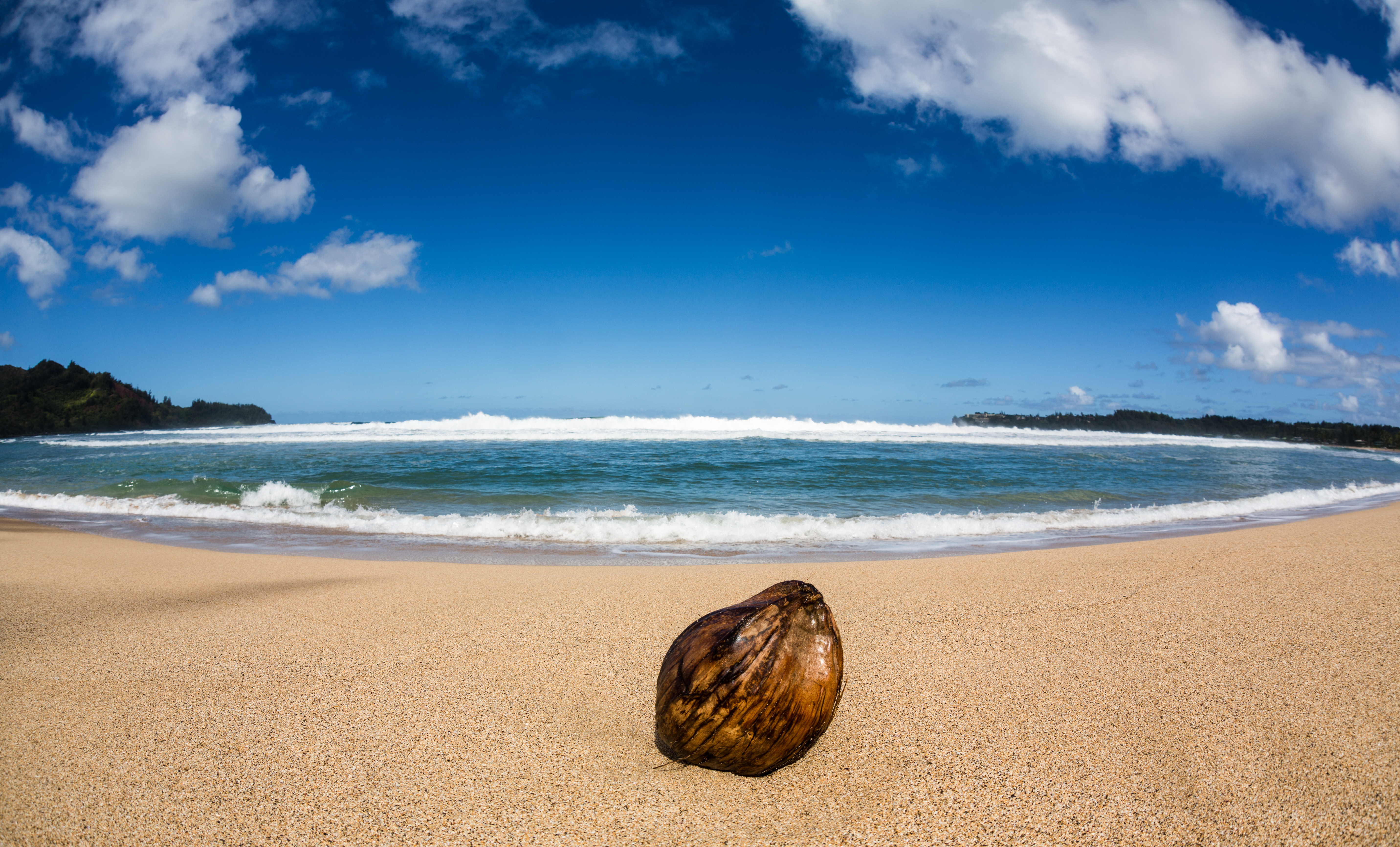
A free daily email with the biggest news stories of the day – and the best features from TheWeek.com
You are now subscribed
Your newsletter sign-up was successful
Welcome to The Check-In, our weekend feature focusing on all things travel.
Tourists are encouraged to put what's best for Hawaii at the top of their itinerary
When the pandemic brought travel to a standstill, no one was more aware than the locals in Hawaii, where fewer tourists meant more space.
This allowed "many Native Hawaiians and locals [to see] a glimpse of what life could be like if they had their home to themselves again: Hiking trails with room to roam. Roads without congestion. Beaches with less pollution," Annie Daly wrote in Vogue. Visitors flock to Hawaii year-round, and seeing what it was like without them led some residents to call for a permanent ban on outsiders. While not everyone took it that far, a 2020 Omnitrak survey found that most locals were concerned about overtourism and the traffic problems and environmental damage that goes along with it.
The Week
Escape your echo chamber. Get the facts behind the news, plus analysis from multiple perspectives.

Sign up for The Week's Free Newsletters
From our morning news briefing to a weekly Good News Newsletter, get the best of The Week delivered directly to your inbox.
From our morning news briefing to a weekly Good News Newsletter, get the best of The Week delivered directly to your inbox.
Now, locals are encouraging tourists to partake in mindful travel, where they show respect to the culture, tradition, ecosystems, and people of Hawaii. The Hawaii Visitors and Convention Bureau and Hawaii Tourism Authority launched the Mālama Hawaii Program, which gives visitors a chance to participate in service opportunities like beach clean-ups, tree and crop planting, and fishpond restorations. Mālama means "to take care of," and the program is all about doing good rather than harm.
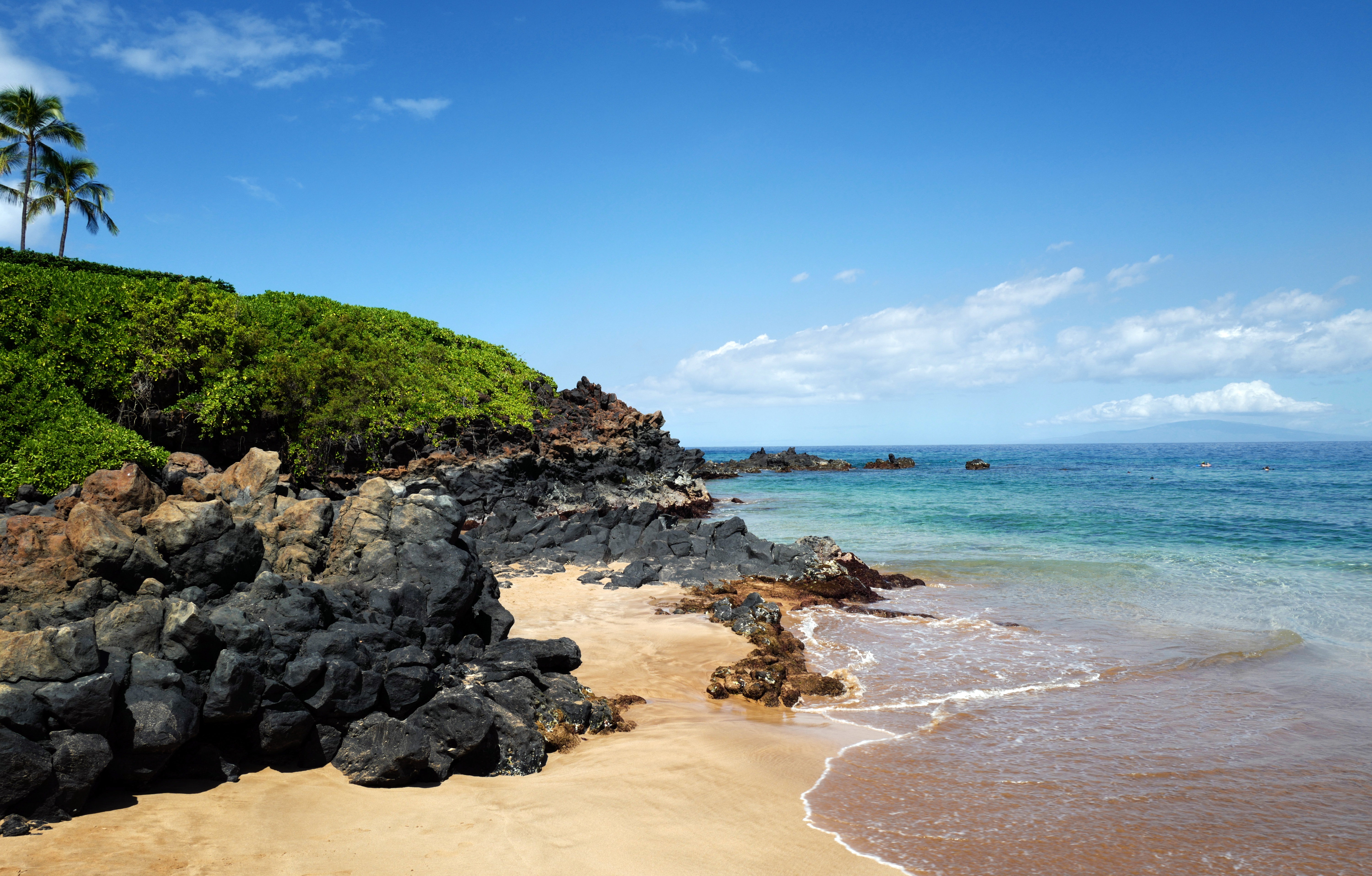
Keoua Nelson, a lauhala weaver and Hawaiian language advocate, told Vogue that Hawaiians are taught the concept of pono at a young age. It has many definitions, but "the one that aligns the most with tourism means righteousness, or doing the right thing to stay on track," he said. For visitors, embracing pono means "striving for the best possible outcome for Hawaii. This means taking the locals' views and experiences into account rather than just your own."
An example would be seeing a "no trespassing" sign on a cliff and staying back, rather than ignoring it and getting closer to take a photo. By following pono, "you will likely be embracing other Hawaiian values, too," like aloha (connection and love), ha'aha'a (humility) and hō'ihi (respect), Nelson said.

Other tips for mindful travel include:
A free daily email with the biggest news stories of the day – and the best features from TheWeek.com
- Pay attention to cautionary and traffic signs and park in designated spots. If an area is marked kapu (forbidden), do not go any further unless you ask for permission.
- Stop by a festival or community event to try the local food and experience the culture.
- When exploring outdoors, do not take any rocks, flora, fauna, or sand with you, and do not carve words or names into trees.
- Before going on a hike, check to make sure your clothes and shoes do not have any organic materials on them, like seeds or soil. This protects Hawaii's biodiversity, especially the native 'ōhi'a tree, which is being hit hard by a fungal disease called rapid 'ōhi'a death.
- During the hike, stay on your trail. Going off the beaten path can result in erosion and trail closures.
- When posting on social media, don't tag the location — this helps prevent overtourism.
- Use reef-safe sunscreen and environmentally-friendly bug repellant, and do not feed the wildlife.
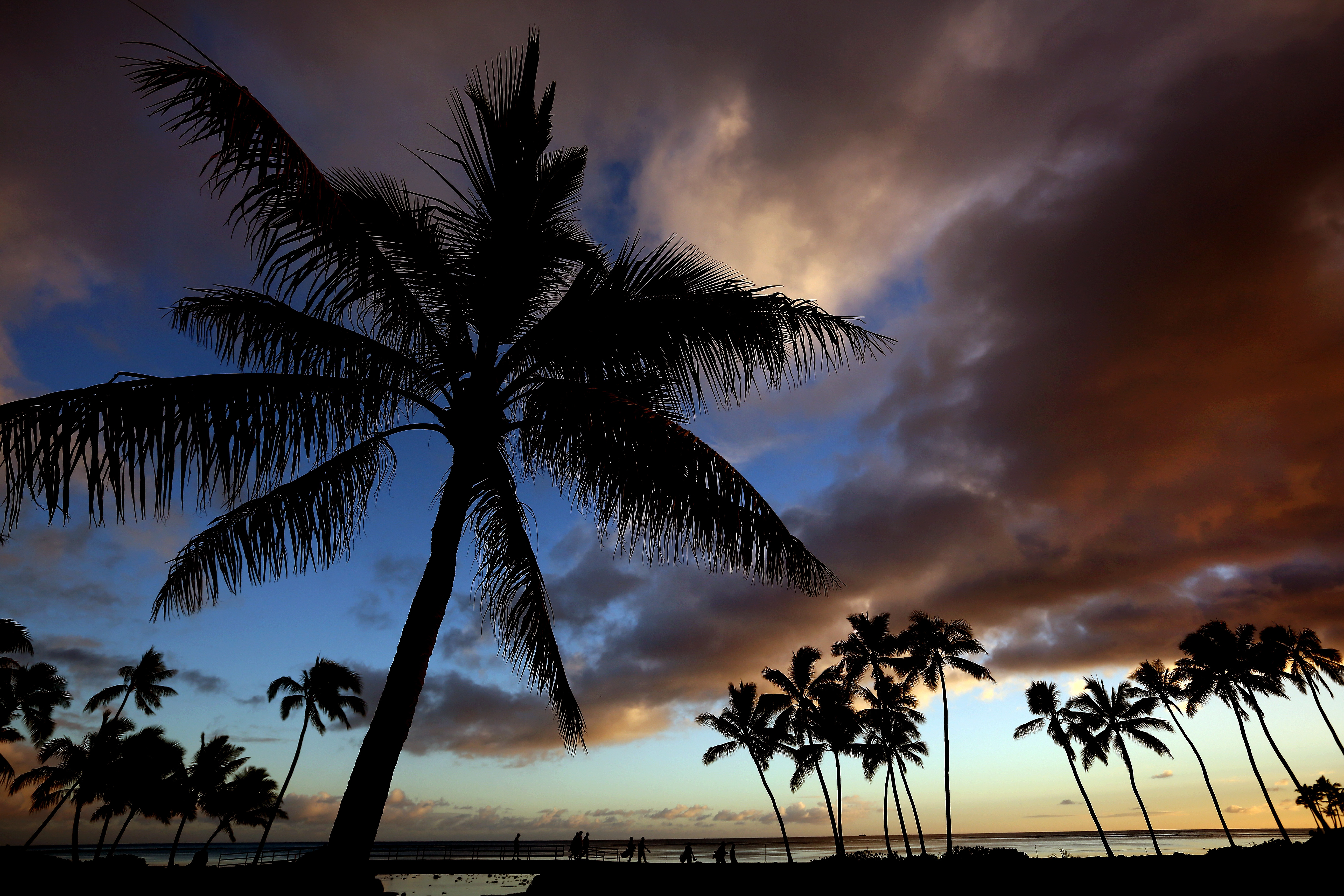
Experts weigh in on the best way to recline an airplane seat
It's a tougher decision than choosing between the chicken or the fish: whether or not to recline an airplane seat.
It's going to be another busy summer for airlines, as travelers continue to make up for vacations they canceled in 2020 and 2021. If you're among those planning to jet set this season, there are a few things you'll want to consider before you lean that chair back and relax.
Prior to throwing your airplane seat back, take a quick glance behind you. "For passengers who want to recline, it makes a world of difference if you just look back and give a heads up to the traveler behind you — to avoid spilled coffee, broken laptops or smashed body parts," Sara Nelson, president of the Association of Flight Attendants-CWA, told CBS MoneyWatch.
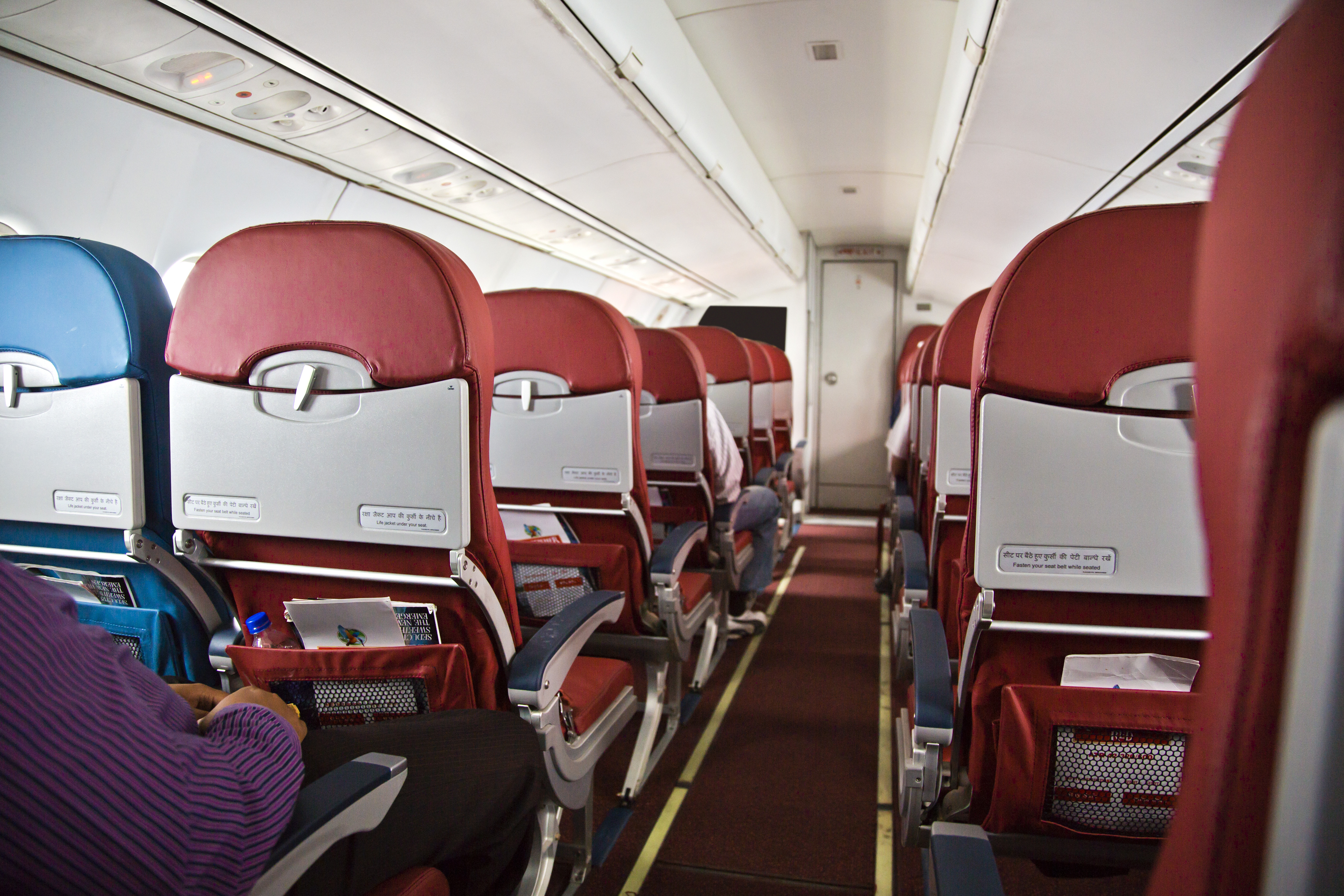
If no one's sitting there, you hit the jackpot — lean back and stay there until the captain asks you to return to the upright position. Otherwise, once you think it's safe to recline, do so slowly. "It's nearly impossible to recline without bumping into the person behind you, and that's not fair to either passenger," Nelson said. "It makes our job as flight attendants harder, as we're tasked with calming conflict and keeping tempers from flaring into violence in the aircraft cabin."
This is becoming more of an issue because airlines are "cramming seats so close together and pitting passengers against each other," consumer advocate Chris Elliott told CBS MoneyWatch. They are essentially double dipping, selling the space between seats "to the person in front of you and to you," he added. "It's just incredibly disingenuous of the airline."
Art is an amenity at these Belmond hotels
Rather than encouraging guests to leave a Belmond property to visit a museum, Belmond is bringing the art to its guests.
The luxury hotel company has collaborated with the Galleria Continua in Italy for MITICO, a series of art exhibitions on display throughout the year at properties in Mallorca, Sicily, Florence, Tuscany, Oxfordshire, and Rio de Janeiro. Seven artists have been selected to showcase their work, all of which explores "the nature of human identity, belonging and our relationship with the natural world around us — as well as the inevitable clash between technology and raw landscapes," Belmond said.
And the art isn't just mounted on the walls — at some hotels, the exhibitions are on display outside in the gardens or on beaches. At the Villa Sant'Andrea in Sicily, Yoan Capote's "Family Portrait" is spread out along the shore of the Taormina Mare. "Family Portrait" honors Capote's Cuban heritage using glass cases and mirrors that reflect the sea, which Capote views as both a means of escape and a barrier.

Plan accordingly: Upcoming events to add to your calendar
Try all of the best Scottish delicacies at the Edinburgh Food Festival, running July 21-30 in the city's George Square Gardens. It's free to enter, with various vendors on hand to serve food made from local ingredients, like poke with Scottish salmon and gelato made from fresh Scottish milk and cream. Meat pies, fish and chips, oysters, and pizza are just some of the other offerings that will be available for purchase. The event, which started in 2014 and keeps growing every year, will also feature demonstrations from some of Scotland's most renowned chefs.
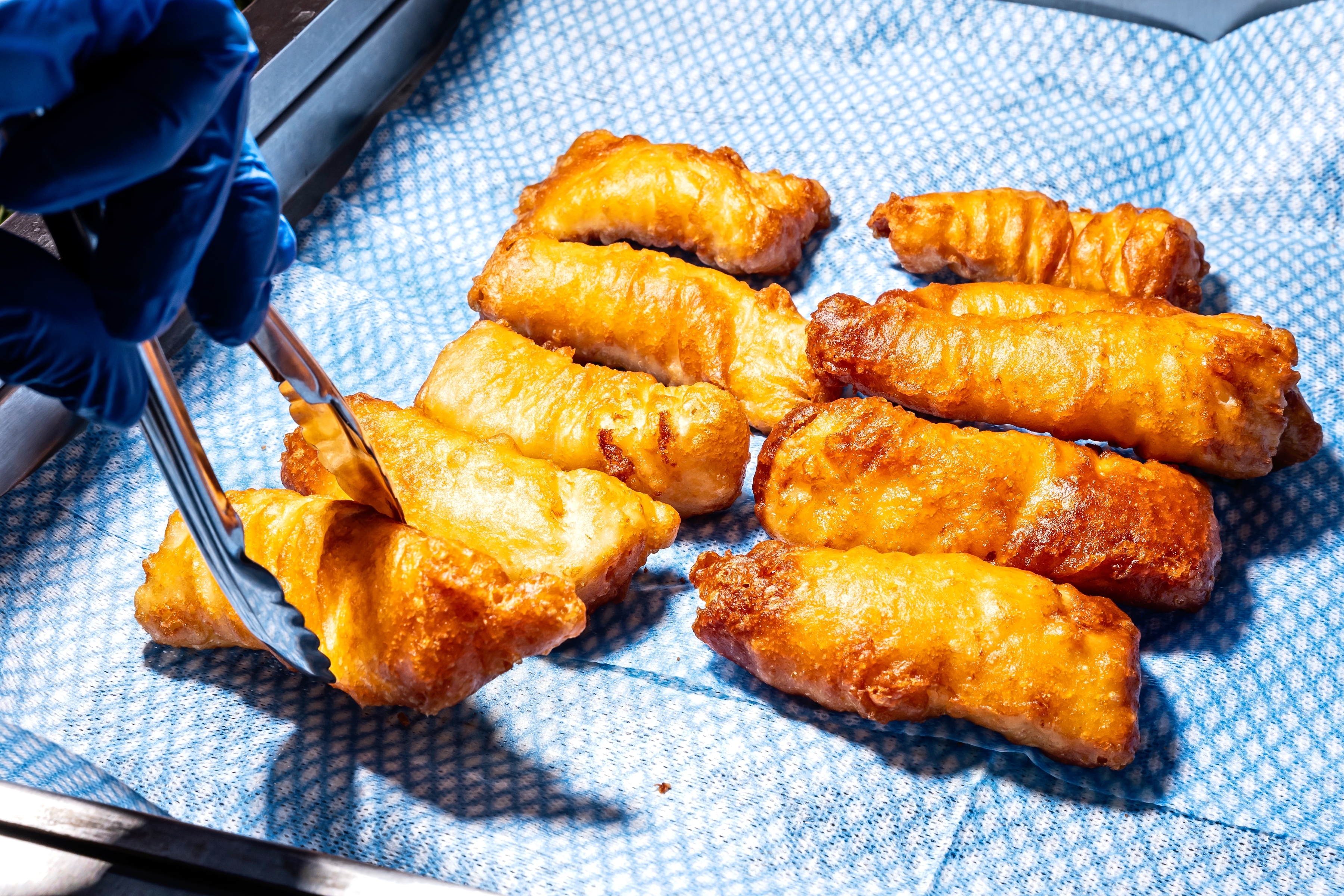
Catherine Garcia has worked as a senior writer at The Week since 2014. Her writing and reporting have appeared in Entertainment Weekly, The New York Times, Wirecutter, NBC News and "The Book of Jezebel," among others. She's a graduate of the University of Redlands and the Columbia University Graduate School of Journalism.
-
 Local elections 2026: where are they and who is expected to win?
Local elections 2026: where are they and who is expected to win?The Explainer Labour is braced for heavy losses and U-turn on postponing some council elections hasn’t helped the party’s prospects
-
 6 of the world’s most accessible destinations
6 of the world’s most accessible destinationsThe Week Recommends Experience all of Berlin, Singapore and Sydney
-
 How the FCC’s ‘equal time’ rule works
How the FCC’s ‘equal time’ rule worksIn the Spotlight The law is at the heart of the Colbert-CBS conflict
